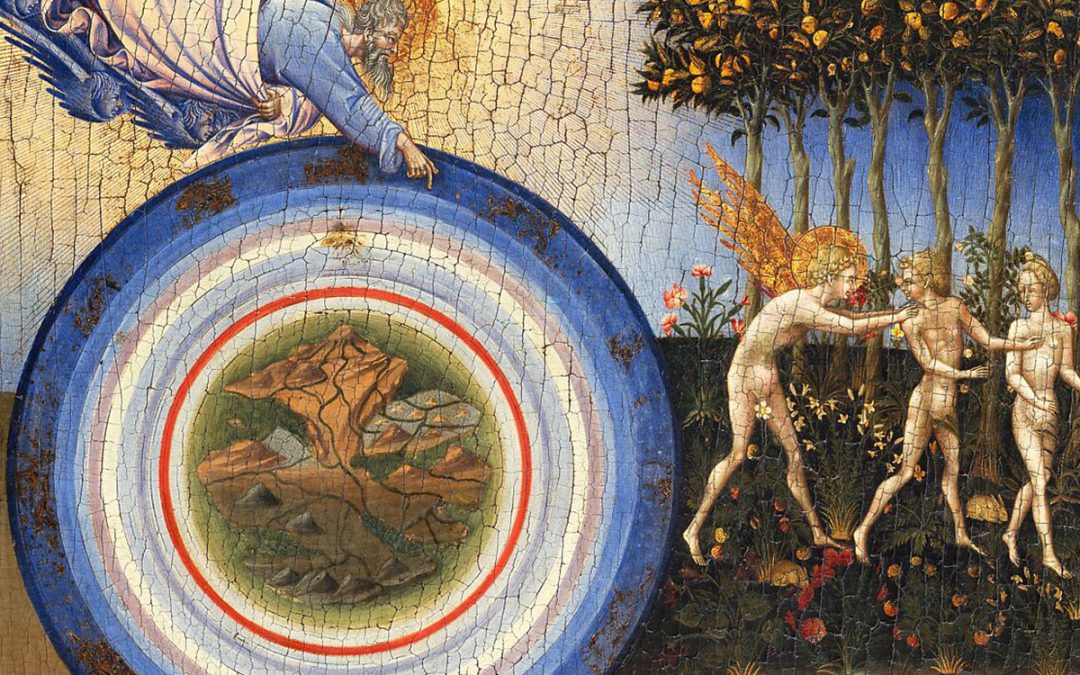Prior to the emergence of a significant merchant class in medieval Europe, there was little in the way of material comforts. The need for security was the overriding concern. Castles provided security, but they were in no wise pleasant places to dwell. In any case, they were not the abode of the commoners, who only came to the castle when under duress, overcrowding them and overwhelming their limited resources of food and water.
With the growth of towns and the “profit” economy, the well-to-do began to build more substantial homes and to furnish them with an eye for beauty in addition to utility. Still, for the majority who came crowding into the towns, they lived in poorly constructed hovels amid filth and pestilence. It would be a long time before there was any understanding that would lead to efforts to protect their drinking water from the polluting effects of their bodily wastes. For those who could afford it, wine mixed with their water provided a certain safeguard for their health, with the additional benefit of leaving them half-addled much of the time.
Nevertheless, the towns represented an opportunity, no matter how uncertain, of improving one’s lot in life. With industry came a new energy. There were new skills to be learned. The friction of living in close proximity with one another called for new social structures and institutions of justice. Slowly, over time, there even developed a spirit of civic pride that eventually led to cooperative efforts toward improvements in the general welfare.
The false dichotomy between the dual concepts of creation and evolution has robbed modern man of one of our most powerful ideas through which truth might flow. Many academics take great pride in the assumption that the concept of evolution has vanquished that of creation, leaving them at liberty from ever having to sully the purity of their thinking with the fact of the Creator. Only their inordinate pride prevents them from recognizing that evolution as they imagine it is not an answer to anything of real substance, but is rather the reintroduction of magic into the flow of their reasoning. It is magical thinking to imagine that life, intelligence, organization, and beings capable of comprehending plan and purpose all rise up of themselves out of dead matter.
The height of the middle ages was marked with incessant wars, the veritable slavery of serfdom, sharp divisions in social classes, and new growth in the profit economy. It defies modern logic to believe that these things were the precursors of the Renaissance and the Enlightenment. And yet they were. Those are the facts. Only the mind of a Creator would have the foresight to see the potential for good that was alive in those facts. They were not merely evil, but were indispensable to the early evolution of progressing civilization.
Philosopher’s Corner – Gene Ross

